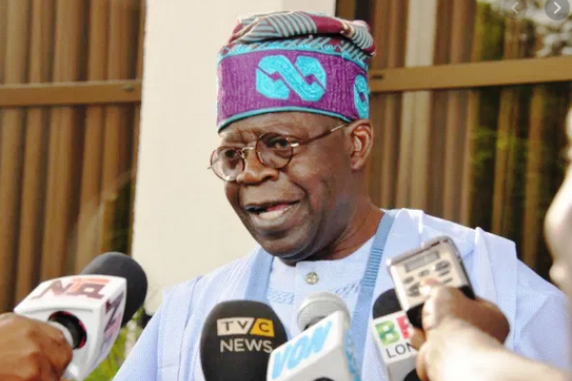
The Federal Executive Council (FEC) has approved a sum of N4.8 billion as a funding package to sustain HIV treatment programs across the country.
The announcement was made on Monday by the Coordinating Minister of Health and Social Welfare, Muhammad Ali Pate.
The FEC meeting was presided over by President Bola Tinubu at the Presidential Villa in Abuja.
Pate revealed at the post-FEC media briefing that the approved funds will cover the procurement of 150,000 treatment packs for HIV patients over the next four months.
This move, he said, reflects the government’s commitment to safeguarding the health of vulnerable populations, even as Nigeria navigates the challenges posed by shifting international support.
“The Presidential Treatment Programme for HIV patients has been approved, with a total of N4.8 billion allocated for the procurement of 150,000 treatment packs over four months.
“This is an important signal that the federal government is committed to ensuring that life-saving treatments remain accessible, despite the changing dynamics in external support,” Pate stated.
The minister emphasized that the government decided to take more responsibility by investing domestic resources into critical health programs, even before the US government aid suspension.
Pate also addressed concerns regarding the potential impact of the U.S. government’s suspension of aid, which has historically supported Nigeria’s healthcare sector, particularly in combating HIV, TB, and malaria.
Pate acknowledged the significant contributions made by the U.S. over the past two decades but stressed that Nigeria is preparing to reduce its reliance on foreign aid.
“While we greatly appreciate the contributions of the U.S. government over the last 20 years and look forward to continued collaboration, Nigeria under President Bola Tinubu is focused on transforming the health sector through national systems and domestic financing.
“Our goal is to ensure that no patient currently receiving treatment is left without care,” he said.
To this end, the FEC has established a high-level committee tasked with developing a transition and sustainability plan.
The committee will include representatives from the Ministries of Finance, Defense, Health, Environment, Budget and National Planning, as well as the Nigeria Governors’ Forum.
The committee’s mandate is to assess the implications of the U.S. policy shift and devise strategies to ensure the continuity of critical health programs.
“The council agreed on the formation of a committee to oversee the transition and sustainability plan, especially as the U.S. government conducts its 90-day review of aid policies.
“We are optimistic about finding pathways that will allow Nigeria to seamlessly adjust to these changes while strengthening our healthcare system,” Pate explained.
Pate reiterated the government’s broader vision of building a resilient healthcare system driven by domestic resources and sustainable financing models.
This approach, he said, is crucial not only for mitigating the impact of foreign policy shifts but also for achieving long-term health security for Nigerians.
“Nigeria is determined to reduce its vulnerability to external shocks in the healthcare sector.
“We are committed to leveraging domestic resources and innovative financing mechanisms to ensure that life-saving treatments, especially for HIV, TB, and malaria, remain accessible to all who need them,” he said.



Be the first to comment